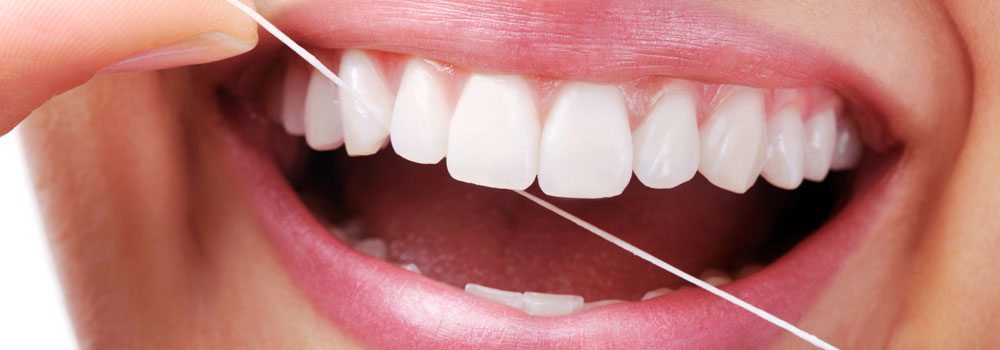How Good Oral Hygiene can Help Protect Your Heart

According to a recent World Health Organization report, tooth decay has become a global epidemic with nearly every adult on the planet suffering from some level of decay. When left untreated, tooth decay causes cavities and the development of gum disease, the leading cause of tooth loss in adults.
While losing teeth is troubling enough for adults, a new international study has found that tooth loss has a strong association with a number of known risk factors for heart disease. These factors include smoking, high blood pressure, obesity, and diabetes.
Considering that 40 percent of the world’s adult population between the ages of 30 to 50 suffers from untreated decay, and the future health of billions of people across the globe has now become an even more pressing issue for public health experts.
Heart disease already ranks as the leading cause of death among both men and women in the U.S., resulting in over 600,000 fatalities a year, and with the continued prevalence of tooth loss among seniors, this trend seems likely to continue.
The results of this study were presented at the American College of Cardiology’s annual meeting in San Francisco.
A Troubling Connection
To determine the relationship between tooth loss and heart disease, researchers examined data from approximately 16,000 people in 39 countries who offered information about the number of teeth they had remaining and how often their gum bled. Roughly 40 percent of the study participants have less then 15 teeth remaining and 16 percent had lost all of their permanent teeth. About 25 percent of participants reported experiencing frequent bleeding gums.
Researchers noted that for each decrease in the number of remaining teeth recorded, participants suffered increased levels of harmful enzymes that cause hardening of arteries in the heart and inflammation. The study also noted that in addition to fewer teeth, participants also show more known risk factors for heart disease, including high LDL (so called “bad cholesterol”) levels, higher blood pressure and blood sugar levels, and excessive weight gain.
Individuals with few remaining teeth were also more likely to suffer from diabetes, with their risk of the disease increasing 11 percent for each significant decrease in the number of remaining teeth.
Researchers also found strong links to tooth loss in individuals who were currently smokers, and frequent gum bleeds were associated with high level of blood pressure and bad cholesterol.
Despite the strong correlation established by researchers between heart health, gum health, and tooth loss, it remains unclear what connects this association. Researchers remain uncertain about whether gum disease actually causes coronary heart disease or whether the two diseases just share common risk factors. However, growing research has begun to suggest that the inflammation caused by gum disease may directly contribute to inflammation in other parts of the body. At a base level, inflammation is the root cause of all infection in the body.
Dental Hygiene the Key
Adults can reduce and even eliminate their risk of tooth loss by practicing quality oral hygiene. By brushing twice a day and flossing regularly, along with scheduling dental care visits or visits with a periodontist if you suffer from gum disease, you can eliminate the bacteria in the mouth that directly contributes to the decay and the development of gum disease.
Unfortunately, according to the WHO’s findings, practicing quality oral hygiene doesn’t seem to rank as a pressing concern for much of the world’s population. To reverse this trend and to improve overall health, the time has come for individuals to start taking their oral care more seriously.
If you want to learn more about any information in this blog post from the best dentist in Portland, Dr. Todd Beck, please contact us today.
